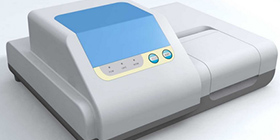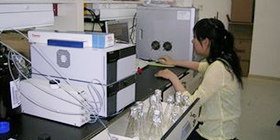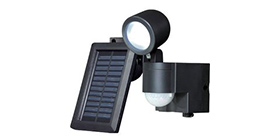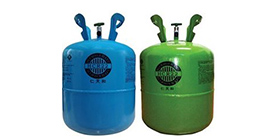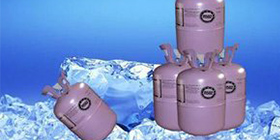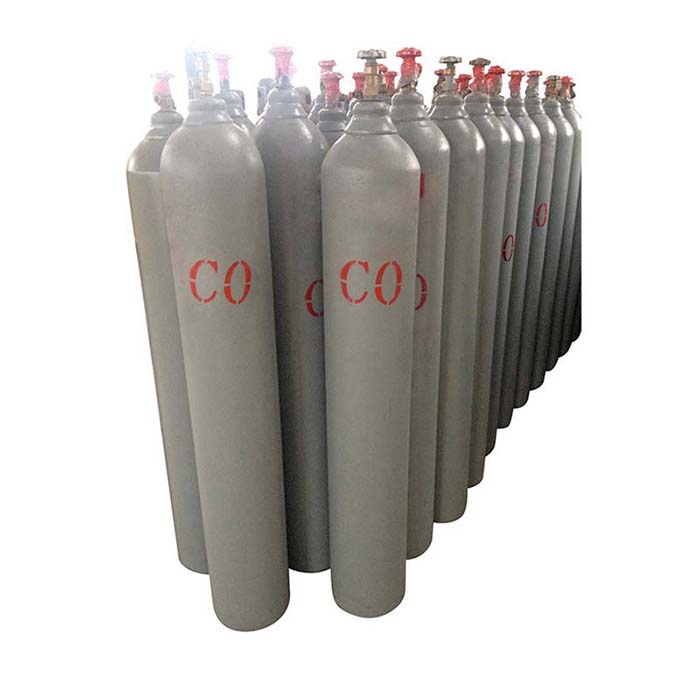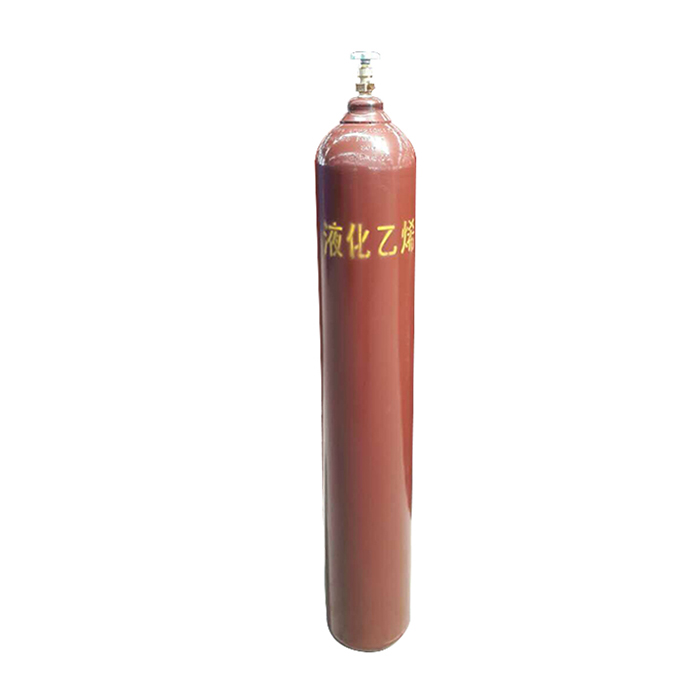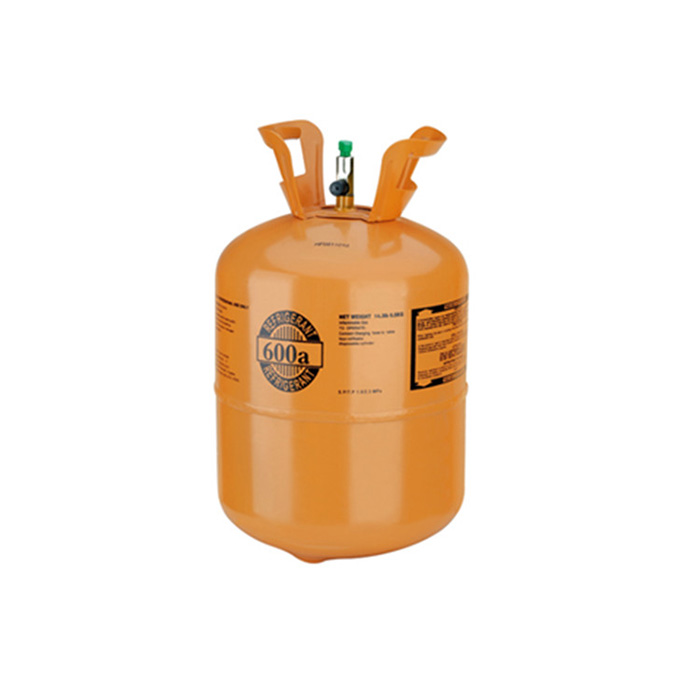China Wholesale Sulfur Dioxide Gas Quotes – Nitrogen (N2) – Taiyu
China Wholesale Sulfur Dioxide Gas Quotes – Nitrogen (N2) – Taiyu Detail:
Technical parameters
|
Specification |
99.999% |
99.9999% |
|
Oxygen |
≤ 3.0 ppmv |
≤ 200 ppbv |
|
Carbon Dioxide |
≤ 1.0 ppmv |
≤ 100 ppbv |
|
Carbon Monoxide |
≤ 1.0 ppmv |
≤ 200 ppbv |
|
Methane |
≤ 1.0 ppmv |
≤ 100 ppbv |
|
Water |
≤ 3.0 ppmv |
≤ 500 ppbv |
Nitrogen (N2) constitutes the main part of the earth’s atmosphere, accounting for 78.08% of the total. It is a colorless, odorless, tasteless, non-toxic and almost completely inert gas. Nitrogen is non-flammable and is considered a suffocating gas (that is, breathing pure nitrogen will deprive the human body of oxygen). Nitrogen is chemically inactive. It can react with hydrogen to form ammonia under high temperature, high pressure and catalyst conditions; it can combine with oxygen to form nitric oxide under discharge conditions. Nitrogen is often referred to as an inert gas. It is used in certain inert atmospheres for metal treatment and in bulbs to prevent arcing, but it is not chemically inert. It is an essential element in the life of plants and animals, and is a component of many useful compounds. Nitrogen combines with many metals to form hard nitrides, which can be used as wear-resistant metals. A small amount of nitrogen in steel will inhibit grain growth at high temperatures and will also increase the strength of certain steels. It can also be used to produce hard surfaces on steel. Nitrogen can be used to make ammonia, nitric acid, nitrate, cyanide, etc.; in the manufacture of explosives; filling high-temperature thermometers, incandescent bulbs; forming inert materials to preserve materials, used in drying boxes or glove bags. Liquid nitrogen during food freezing; used as a coolant in the laboratory. Nitrogen should be stored upright in a well-ventilated, safe and weather-free place, and the storage temperature should not be higher than 52°C. There should be no flammable materials in the storage area and keep away from frequent entry and exit places and emergency exits, and no salt or other corrosive materials exist. For unused gas cylinders, the valve cap and output valve should be well sealed, and the empty cylinders should be stored separately from the full cylinders. Avoid excessive storage and long storage time, and maintain good storage records.
Application:
①In various analytical instrument applications:
Carrier gas for gas chromatography, support gas for Electron Capture Detectors, Liquid Chromatography Mass Spectrometry, purge gas for Inductive Couple Plasma.
②Material:
1. To fill light bulbs.
2. In antibacterial atmosphere and instrument mixtures for biological applications .
3. As a component in Controlled Atmosphere Packaging and Modified Atmosphere Packaging applications, 4. Calibration gas mixtures for environmental monitoring systems, laser gas mixtures.
5. To inert many chemical reactions dry various products or materials.
③Liquid nitrogen:
Like dry ice, the main use of liquid nitrogen is as a refrigerant.
Normal package:
|
Product |
Nitrogen N2 |
||
|
Package Size |
40Ltr Cylinder |
50Ltr Cylinder |
ISO TANK |
|
Filling Content/Cyl |
6CBM |
10CBM |
/ |
|
QTY Loaded in 20’Container |
400Cyls |
350Cyls |
|
|
Total Volume |
2400CBM |
3500CBM |
|
|
Cylinder Tare Weight |
50Kgs |
60Kgs |
|
|
Valve |
QF-2/CGA580 |
||
Advantage:
①More than ten years on the market;
②ISO certificate manufacturer;
③Fast delivery;
④Stable raw material source;
⑤On-line analysis system for quality control in every step;
⑥High requirement and meticulous process for handling cylinder before filling;
Product detail pictures:

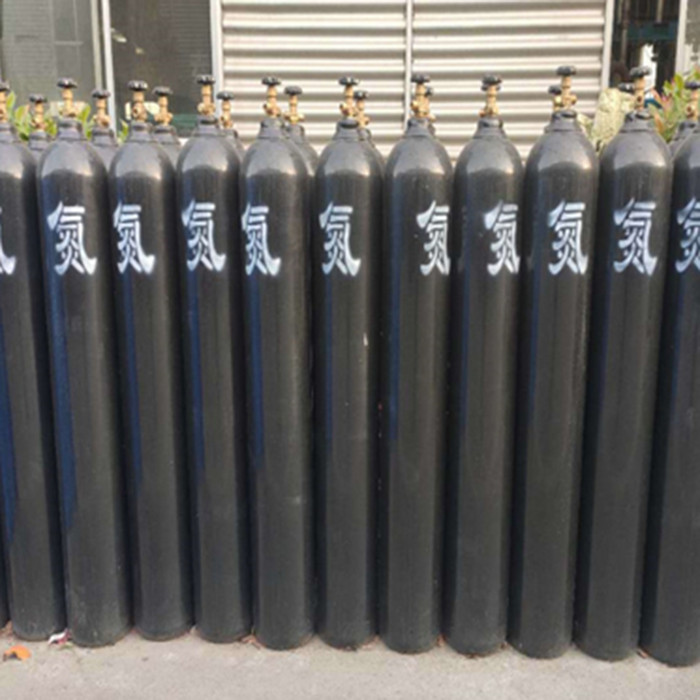
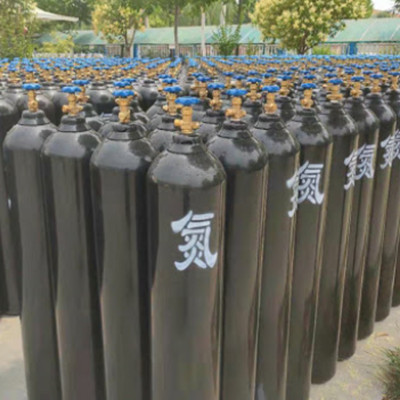
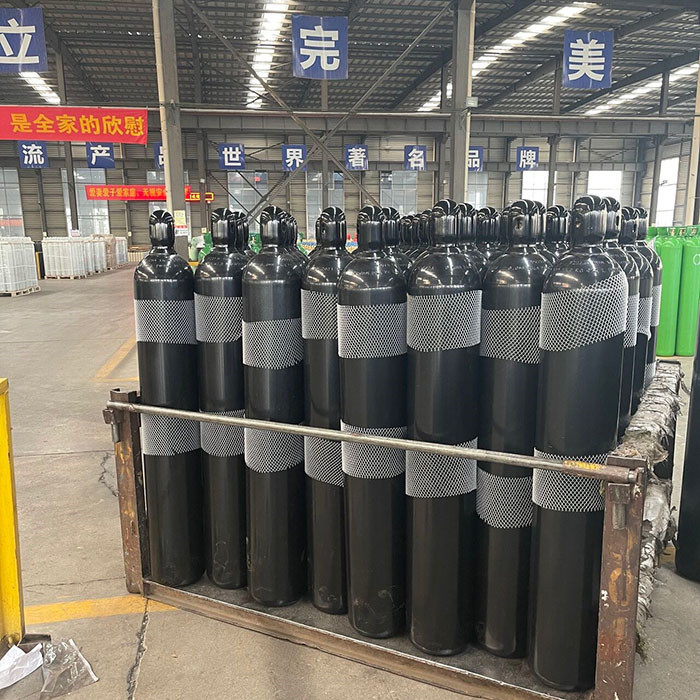
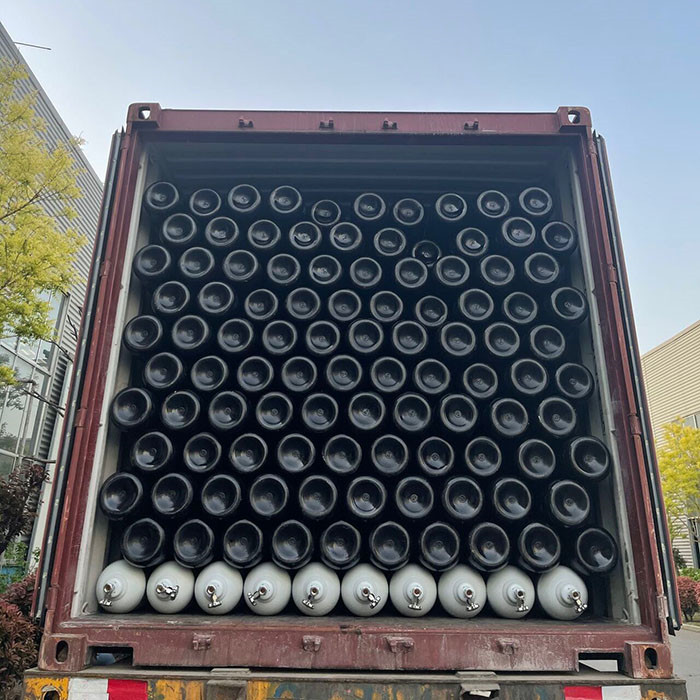
Related Product Guide:
High quality Very first,and Consumer Supreme is our guideline to offer the most beneficial service to our consumers.At present, we're attempting our greatest to be among the top exporters in our area to fulfill buyers far more need to have for China Wholesale Sulfur Dioxide Gas Quotes – Nitrogen (N2) – Taiyu , The product will supply to all over the world, such as: Jordan, Sacramento, Greenland, Due to our dedication, our products are well known throughout the world and our export volume continuously grows every year. We will continue to strive for excellence by providing high quality products that will exceed the expectation of our customers.
We are long-term partners, there is no disappointment every time, we hope to maintain this friendship later!
Products categories
-

Phone
-

E-mail
-

Whatsapp
-

Top








